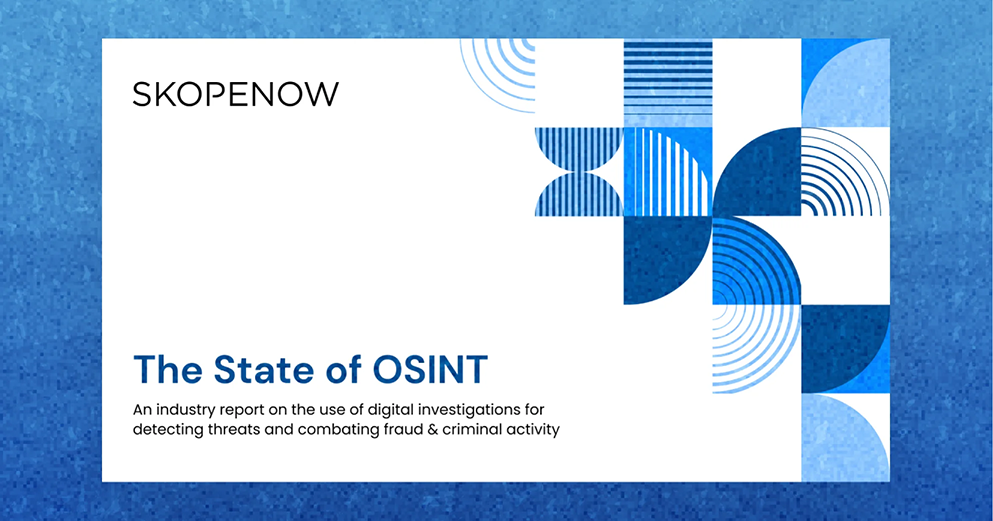August 06, 2019
Using Social Media in Claims Investigations
Assurance Agency
YouTube, Facebook, Twitter, Instagram and other social media outlets have become a great way to connect with friends, meet new ones, voice opinions and even market personal talents. As society accepts social media as an outlet to replace traditional methods of communication, an entirely new source of personalized data becomes available to the World Wide Web and a digital footprint is made. What many don’t realize is what’s being said on social media can be reviewed, tracked and investigated – even in the world of Workers’ Compensation claims.
What do investigators do to obtain information on social media activity?
• Internet searches
• Social media checks
• Receive information from co-workers who are connected or friends with the claimant on social media sites
How do investigators capitalize on this information?
• By creating awareness and developing other avenues to investigate based on hobbies, recent activities and the category of those sites
• From securing links, photographs or video footage of the claimant
• By providing opportunities for surveillance
• Through the discovery of potential witnesses
So, are insurance companies, law firms, surveillance companies and third-party administrators capitalizing on these information-rich resources? As I see it, yes. But, not frequently enough.
The need for a social media search should be considered anytime you can say yes to one of the following questions:
1. Has lost time exceeded AMA guidelines without an objective medical basis?
2. Is narcotics usage exceeding formulary guidelines?
3. Is mechanism of injury inconsistent with the accident description?
4. Are rumors supporting an activity level of the claimant inconsistent with restrictions?
5. Is there evidence that doesn’t correlate to the treatment (defined muscle tone in areas that should be atrophied; callused hands while on bed rest; consistent ability to reach claimant)?
6. Are you aware of any secondary gain issues (vacation time for the same week injury occurred)?
7. Is there evidence of malingering?
8. Are there other circumstances that bring rise to suspicion?
Keep that in mind the next time you’re dealing with a claim. In the meantime, keep posting America.
YouTube, Facebook, Twitter, Instagram and other social media outlets have become a great way to connect with friends, meet new ones, voice opinions and even market personal talents. As society accepts social media as an outlet to replace traditional methods of communication, an entirely new source of personalized data becomes available to the World Wide Web and a digital footprint is made. What many don’t realize is what’s being said on social media can be reviewed, tracked and investigated – even in the world of Workers’ Compensation claims.
http://www.assuranceagency.com/blog-post/using-social-media-in-claims-investigations


